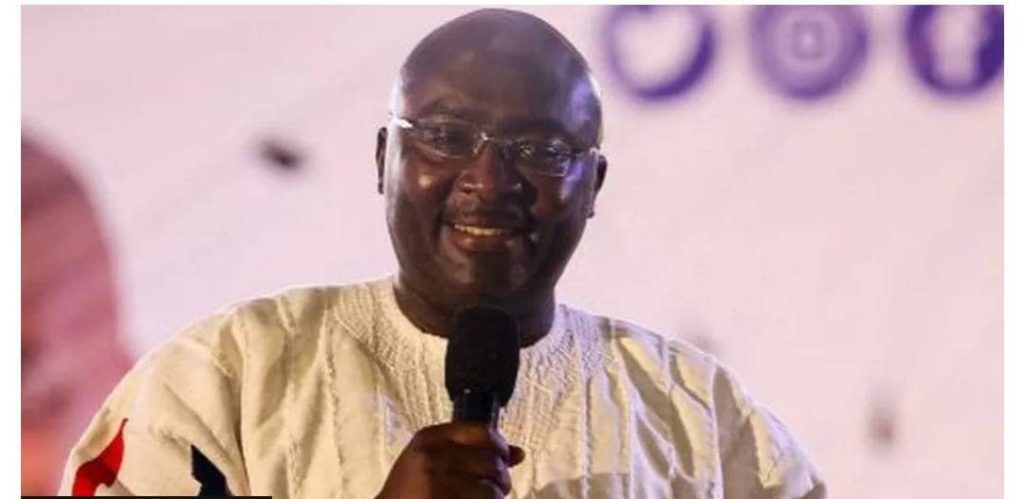He will be the first northerner and Muslim to contest the presidency under the NPP’s banner since multi-party democracy was restored in 1992.
In his victory speech, Mr Bawumia promised to lead a “united and energised” NPP into the election.
He won the primaries by a convincing margin, getting 61.47% of the vote.
Mr Bawumia’s nearest rival Kennedy Ohene Agyapong, who got 37.4% of the vote, accepted defeat.
President Nana Akufo-Addo, a member of the NPP, will step down after the December 2024 elections, having served his two terms in office.
The election is expected to be a two-horse race between Mr Bawumia and former President John Mahama, who is the flagbearer of the main opposition National Democratic Congress (NDC).
With Mr Mahama also hailing from the north, this is the first time that both main parties have fielded northerners as their presidential candidates.
The NPP’s political heartland is seen as southern Ghana, while the north is one of the NDC strongest political bases.
By choosing Mr Bawumia, the NPP will be hoping that he makes inroads in the north, while the party retains its support in the south.
Mr Bawumia is the head of the government’s economic management team, and will face an uphill battle persuading voters to elect him and give the NPP a third term in power.
A major producer of gold and cocoa, Ghana is facing its worst economic crisis in more than a generation with government debt soaring, forcing Ghana to take a $3bn (£2.4bn) loan from the International Monetary Fund (IMF) to ease the crisis.
Inflation reached a record 54% in December last year, though it has since fallen to around 38%.
The government has also increased utility tariffs, and introduced new taxes, causing widespread anger among voters and triggering protests organised by opposition and youth groups.
But Mr Bawumia sounded buoyant when he addressed party delegates after his nomination.
“We know that the NPP is the only party that can transform Ghana. The NPP will enter 2024 united and energised,” he said.
Credit: BBC News


